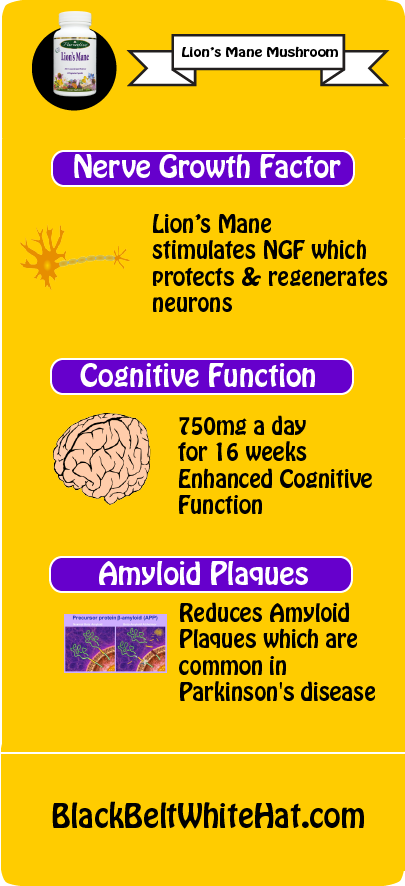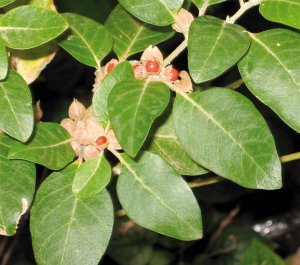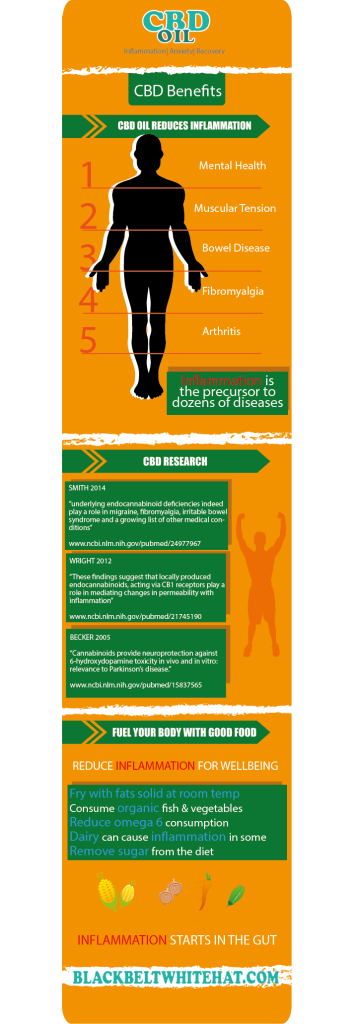Summary
- For more short term stimulant-like effect – supplement with ALCAR, Olive Leaf Extract or PQQ
- For alleviating some of the effects of stress & sleep deprivation – supplement an adaptogen like rhodiola rosea & take 3g of glycine before bed
- Treat the source of the fatigue if possible
- Coffee is full of antioxidants but too much caffeine can cause hypertension & other health issues
Coffee & caffeine are the go-to-fuel for millions of people every day.
When I work in an office, it’s typical for people have 2 or 3 coffees everyday and when I worked on a building site, everyone under the age of 25 had at least 2 energy drinks per day.
Caffeine is my morning staple too, but it’s something I’m looking to cut down on.
Caffeine tolerance builds quickly when you reach for the coffee jar on a daily basis. Even worse, after months of coffee or caffeine consumption, people need a few hundred m.g. just to get going – it’s (mildly) physically addictive.
Mix things up a little with some of these alternatives:
Always consult a doctor or healthcare professional before adding supplements or new foods to your diet
Adaptogens for Energy & Alertness
Adaptogens are herbs that help to alleviate elevated symptoms related to physical & mental stress. Not only can they provide more energy, they’re also ‘good’ for you – something that most high caffeine drinks, are not.
Rhodiola Rosea
A herb that has been used for centuries to treat fatigue, rhodiola has many studies behind that confirm its effectiveness. Great for sleep deprived parents too!
In one study, rhodiola was shown to improve the mental performance of physicians on night duty. The physicians also reported feeling generally less fatigued.
Around 200mg per day is normally the standard dosage.
Gingko Biloba
Noted primarily for its ability to improve quality of life for those suffering from degenerative brain disorders, anecdotal evidence suggests that ginkgo may improve cognitive functioning and energy levels in normal healthy individuals too.
A typical dosage is around 150mg per day.
Ashwagandha
This Indian herb is held in high regard for its ability to help the body cope with & adapt to stress. There are literally hundreds of studies backing the health benefits behind Ashwagandha, it’s even been shown to reduce anxiety and depression.
There are also numerous studies showing that ashwagandha can enhance physical performance, normally by reducing markers of fatigue.
Nootropics
Nootropics are also known as smart drugs. There are natural nootropics such as Lion’s Mane Mushroom, and synthetics ones such as Noopept.
Acetyl-L-Carnitine
Touted as an anti-aging, cognitive enhancing and fat burning supplement, Acetyl-L-Carnitine (ALCAR) also tends to make your fart, a lot.
Be sure to be ALCAR and not standard L-Carnitine, as only the Acetyl version crosses the blood brain barrier. One thing to be aware of, ALCAR dramatically increases sperm motility, enhancing male fertility.
A typical dosage of ALCAR is 500-2000mg per day.
It has a potent affect on alertness & cognitive functioning. Many people also use it to alleviate the symptoms of chronic fatigue & depression.
PQQ
Found naturally in breastmilk and soya beans, pyrroloquinoline quinone has been shown to reduce pain, and fatigue. A growth-factor & antioxidant, it is anxiety promoting for some, it is best to start off with very small dosages and build up slowly to assess tolerance.
It’s ability to increase alertness relate to its anti-oxidant and anti-inflammatory effects.
This is a personal favourite of mine, I usually take around 10mg per day. You can buy from Amazon.co.uk
Alpha GPC
Composed of glycerophosphate and choline, Alpha GPC is used to offset some of the symptoms of age-related cognitive decline.
Many report that it increases energy levels and alertness:
Lion’s Mane Mushroom
Used for centuries in Chinese medicine, this edible mushroom boasts of range of medicinal properties, with a proven ability to enhance immunity and cognitive functioning.
By decreasing inflammation and increasing the production of BDNF (Brain Derived Nerve Factor), this amazing fungi may actually build new neurones in the brain; whilst improving sleep quality and increasing bone density.
It enhances energy levels but in a more subtle way than a typical stimulant – by promoting wellbeing and sleep quality, it tends to enhance alertness.

Other Caffeine Alternatives
Olive Leaf Extract
A potent anti-oxidant derived from the leaves of olive plants, it may even reduce DNA damage. Another natural energy-boosting supplement, it’s generally regarded as ‘good for you’ and can even been used to treat candida.
A typical dosage is 500mg-1000mg per day.
Kratom
Kratom is an extremely controversial substance that is typically grown in Thailand and Bali. It is legal in several US states and is often used to help suffferes of PTSD, chronic pain and has been used by thousands to come off opioids.
In small doses, ‘white blends’ of kratom can also be used to enhance energy levels. You want to do some research before touching kratom, so have a read below if you are interested:
Matcha Green Tea
Okay, so matcha green tea does contain some caffeine, but it also contains an amino acid called L-Theanine. L-Theanine helps will focus and concentration, without providing a jittery, stimulant-type effect; in fact, it is quite calming.
The tea is also packed full of antioxidants, including the potent – EGCg
Cordyceps Mushrooms
Another amazing medicinal mushroom. This one is really weird in that it attacks insects and their larvae.
Despite turning some animals into zombies , for normal sized humans, the mushrooms have a range of health benefits.
Some studies have shown that they can increase endurance whilst a range of animal studies show that the mushrooms have health benefits that can extend lifespan significantly.
From personal experience – the one time that I was actually able to kick my afternoon-coffee habit was by replacing it with cordyceps mushrooms.
Glycine
On a final note, if you are using caffeine to offset the effects of sleep deprivation; glycine might be worth considering.
Glycine has been shown to reduce the effects of sleep deprivation:
The effects of glycine on subjective daytime performance in partially sleep-restricted healthy volunteers
We evaluated the effects of glycine on daytime sleepiness, fatigue, and performances in sleep-restricted healthy subjects. Sleep was restricted to 25% less than the usual sleep time for three consecutive nights. Before bedtime, 3 g of glycine or placebo were ingested, sleepiness, and fatigue were evaluated using the visual analog scale (VAS) and a questionnaire, and performance were estimated by personal computer (PC) performance test program on the following day. In subjects given glycine, the VAS data showed a significant reduction in fatigue and a tendency toward reduced sleepiness. These observations were also found via the questionnaire, indicating that glycine improves daytime sleepiness and fatigue induced by acute sleep restriction.
Treat the Source of the Problem
If you feel tired all the time, it’s likely some kind of physical issue such as:
- Gut inflammation
- General inflammation
- Stress/muscle tension/vigilance
- Lack of movement/exercise
- Lack of sunlight
- Shallow breathing or living/working in an environment with high levels of Co2
- Sleep deprivation
- Eating too much or too little
- Gut inflammation is a major source of fatigue, stress and depression. Avoiding inflammatory foods such as sugar, omega 6 fats and anything processed is the best way of tackling this.
Fasting, examining food sensitivities & adding anti-inflammatory foods such as turmeric and tart cherry juice may also help.
A permeability issue with the gut lining can also cause problems. Glycine and glutamine can potentially help with this, as can avoidance of pain killers such as ibuprofen which can damage the gut lining.
- Lack of sunlight can have a huge impact on energy levels. Consider supplementing with vitamin D (ideally with k2) if you work indoors, and/or get a SAD lamp.
- Adaptogens are very effective for tackling the symptoms of stress. In addition, magnesium is a potent muscle relaxant – apparently around 50% of people are deficient in magnesium. Infrared saunas, Chamomile, kava kava and CBD oil are also very effective for a number of stress-related symptoms:







